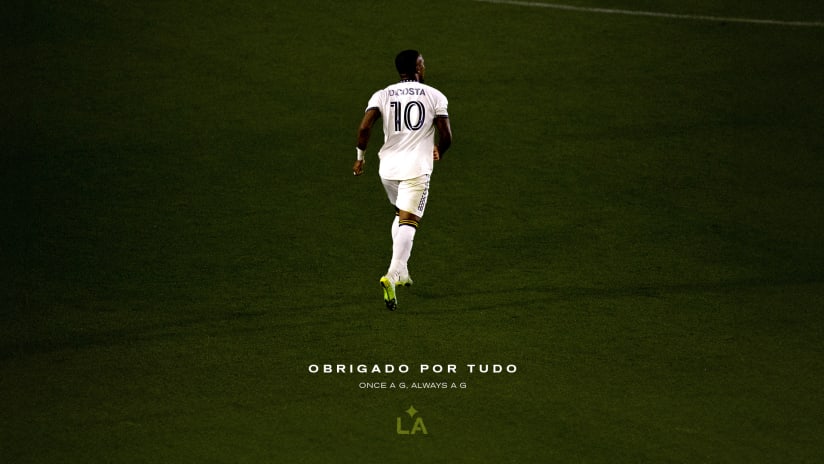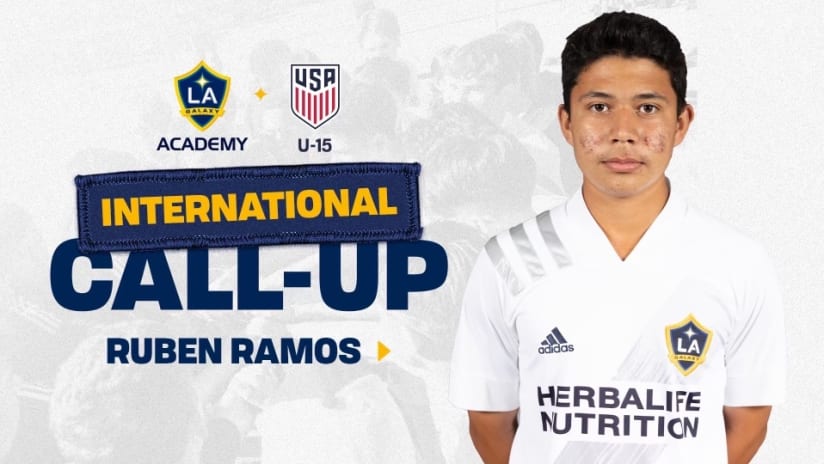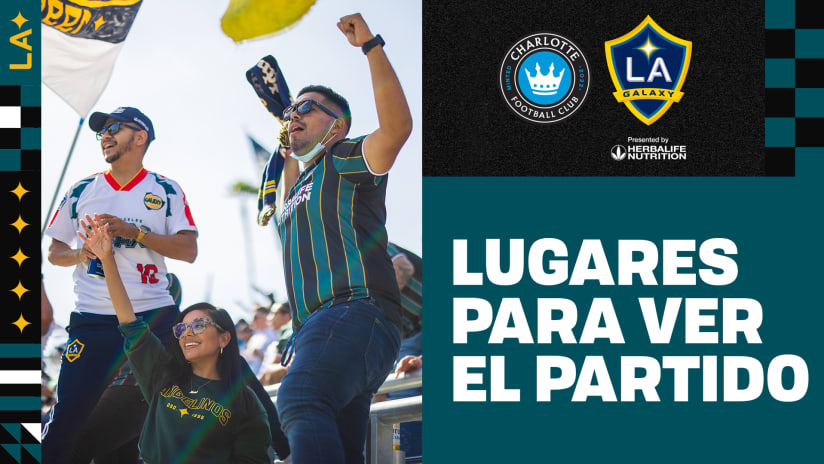Join the LA Galaxy by participating in the Pass on Plastic Challenge.
What is the Pass on Plastic Challenge? We're glad you asked.
The Pass on Plastic Challenge starts on April 22 when we ask you to tweet how you reduce plastic from your daily routine using #GreenerGoals. Tweeting #GreenerGoals makes you eligible to win cool eco-friendly MLS apparel and merchandise.
Our love of our planet will continue on April 23 when the LA Galaxy celebrate Earth Day during their match vs Seattle Sounders FC.
Click here to buy tickets
Buy Now
How to reduce your use of plastic:
- WATER: Bring a stainless steel water bottle rather than drinking water out of disposable plastic bottles.
- BRING YOUR OWN BAG: Always bring your own bags whenever you shop, not just for the supermarket. By bringing your own bag, you alone can save between 400 and 600 plastic bags per year.
- PLASTIC STRAWS: Consider some alternatives to plastic straws. Carry your own Stainless steel, glass, paper or bamboo straw.
- TO-GO CUPS: Bring your own stainless steel or ceramic mug. Carry one in your car. Some coffee shops will even reward your thoughtfulness with a small discount on coffee or tea.
- TO-GO CONTAINERS: Take along your own reusable containers for sandwiches, snacks, and leftovers
- MILK & JUICE: If possible, buy your milk or juice in a glass returnable/reusable bottle. It may seem old fashioned, but it tastes great, and it’s better for you.
If we fail to clean up the plastic and stop the continued pollution of the oceans, we are facing the potential extinction of many sea life species and the interruption of the entire ecosystem.
Recent studies indicate that at least 40 million pounds of plastic has accumulated and is floating in the North Pacific Ocean alone. The majority of the plastic debris remains in the Vortexes, however a significant percentage of it washes onto our coastlines daily. After sunlight photodegrades the plastic into small pieces, aquatic life and seabirds mistake these fragments for food and ingest it.
Plastic is a material made to last forever, yet 33 percent of all plastic - water bottles, bags and straws - are used just once and thrown away. Plastic cannot biodegrade; it breaks down into smaller and smaller pieces.
There are thousands of landfills in the United States. Buried beneath each one of them, toxic chemicals from plastics drain out and seep into groundwater, flowing downstream into lakes and rivers.
Americans discard more than 30 million tons of plastic a year. Only 8 percent gets recycled. The rest ends up in landfills, is burned or becomes litter.





